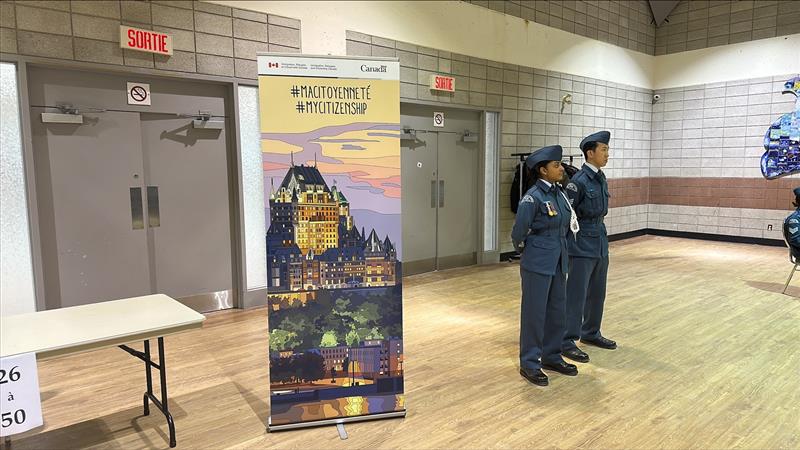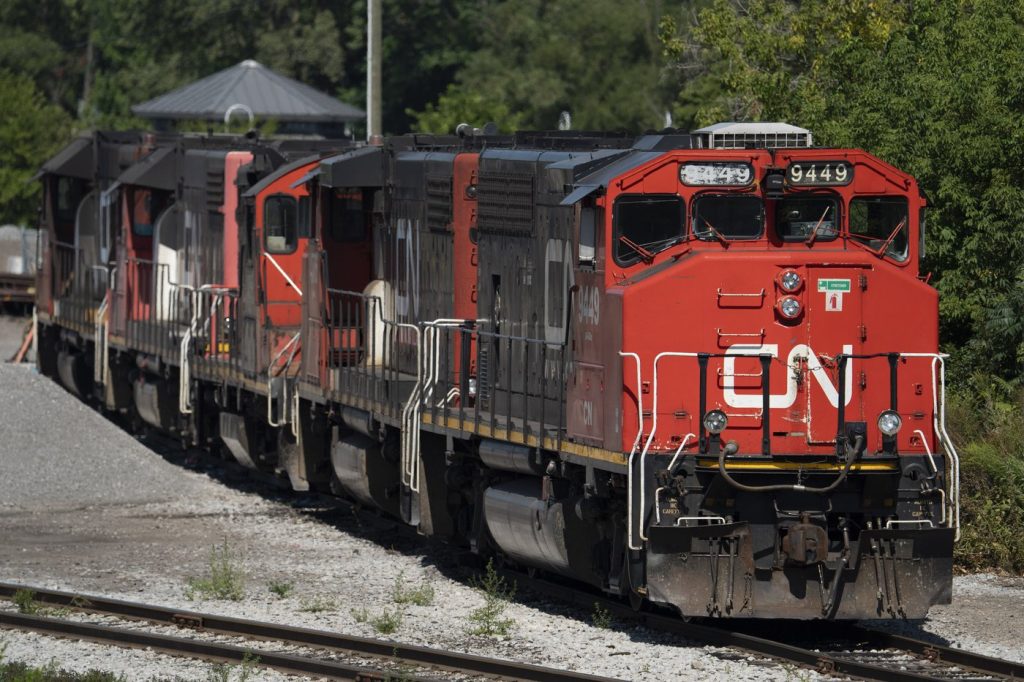63 Canadians killed in Iran plane crash: Ukraine official
Posted January 8, 2020 1:06 am.
Last Updated January 8, 2020 8:53 pm.
This article is more than 5 years old.
SHAHEDSHAHR, Iran — A plane carrying 176 people that crashed near the Iranian capital of Tehran on Wednesday has left all those on board dead, including 63 Canadians.
Ukraine Foreign Minister Vadim Prystaiko said there were also Iranian, Ukrainian, Swedish, Afghan, British and German nationals on board the Ukraine International Airlines flight, which crashed shortly after takeoff. The Ukrainian nationals included two passengers and nine crew members.
Airline officials said most of the passengers were leaving Tehran to transit through Kyiv to other destinations.
The crash turned the farmland on the outskirts of Iran’s capital into fields of flaming debris. It came hours after the country launched a ballistic missile attack on Iraqi bases housing U.S. soldiers, but Iranian officials said they suspected a mechanical issue brought down the Boeing 737-800 aircraft.
Ukrainian officials had also reportedly said they believed a mechanical issue may have been to blame, however, a revised statement from the embassy in Iran now omits that detail.
The embassy is offering all necessary support to the relatives and loved ones of those killed in the crash, and added it would engage as much as possible in investigating what happened.
As investigators try to determine what exactly caused the crash, Iran’s civil aviation organization has reportedly refused to hand over the black boxes to Boeing so its data can be analyzed.
A tragic event
Meanwhile, Canada Foreign Affairs Minister François-Philippe Champagne issued a statement, calling the incident tragic and saying “Our hearts are with the loved ones of the victims, including many Canadians. I have been in touch with the government of Ukraine. We will continue to keep Canadians informed as the situation evolves.”
Global Affairs Canada has urged against any non-essential travel to Iran “due to the volatile security situation, the regional threat of terrorism and the risk of arbitrary detention.”
The agency said Canadians, particularly those holding dual Canadian-Iranian citizenship, were at risk of being arbitrarily questioned, arrested, and detained.
“Iran does not recognize dual nationality and Canada will not be granted consular access to dual Canadian-Iranian citizens,” Global Affairs said. “Canadian-Iranian dual citizens should carefully consider the risks of travelling to Iran.”
A number of agencies, including Transport Canada, announced earlier that they would be rerouting flights crossing the Middle East to avoid possible danger amid escalating tensions between the U.S. and Iran.
The plane that crashed had been delayed from taking off from Imam Khomeini International Airport by almost an hour. It took off to the west, but never made it above 8,000 feet in the air, according to data from the flight-tracking website FlightRadar24.
Meanwhile, Chicago-based Boeing Co. said it was “aware of the media reports out of Iran and we are gathering more information,” spokesman Michael Friedman told The Associated Press.
Boeing, like other airline manufacturers, typically assists in crash investigations. However, that effort in this case could be affected by the U.S. sanctions campaign in place on Iran since President Donald Trump unilaterally withdrew from Tehran’s nuclear deal with world powers in May 2018.
Introduced in the late 1990s, the Boeing 737-800 is an older model than the Boeing 737 MAX, which has been grounded for nearly 10 months following two deadly crashes. Boeing built the aircraft that crashed Wednesday in 2016 and it last underwent routine maintenance on Monday, Ukraine International Airlines said.
Ukraine’s President Volodymyr Zelenskiy extended his condolences to the families of the victims. His office said he had cut his visit to Oman short and was returning to Kyiv because of the crash. The country’s Prime Minister Oleksiy Honcharuk confirmed the casualty toll.
Ukraine International Airlines said it had indefinitely suspended flights to Tehran after the crash.
Under decades of international sanctions, Iran’s commercial passenger aircraft fleet has aged, with air accidents occurring regularly for domestic carriers in recent years, resulting in hundreds of casualties.
-With files from The Canadian Press








